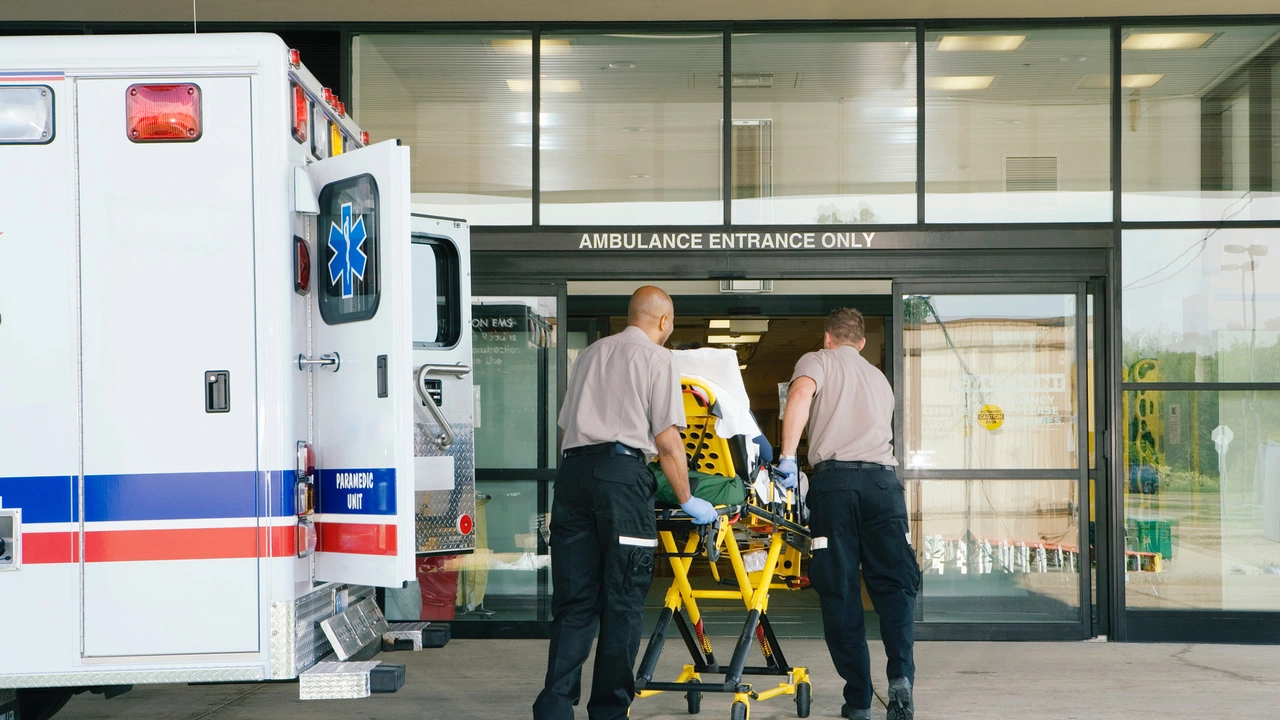Understanding the Ambulance Service
Let's start by understanding what an ambulance service is. An ambulance service is a medical transport service that aids in the swift and safe delivery of patients in need of urgent medical care to the hospital. They are equipped with necessary life-saving equipment and are manned by trained medical personnel who can provide preliminary care to stabilize the patient during transportation. When you call for an ambulance, you expect to be taken to the hospital and hope that it will be your preferred one. But is that always the case?
It is important to note that ambulance services operate under a set of policies and protocols established by medical boards and governing bodies. These guidelines are designed to provide the best possible care for the patient in the most critical situations. Therefore, while you might have a preferred hospital, the ambulance service may not always be able to accommodate your choice.
Factors Influencing Hospital Choice
There are several factors that can influence the hospital an ambulance takes you to. For instance, the severity of your condition plays a crucial role. In life-threatening situations, time is of the essence. An ambulance will transport you to the nearest hospital with the appropriate facilities to treat your condition, even if it is not the one you would have chosen.
Also, certain conditions require specialized care. If you have suffered a stroke, heart attack, or severe trauma, you would be taken to a hospital that is designated as a stroke center, cardiac care center, or trauma center, respectively. Again, these hospitals may not be your preferred ones, but they are best equipped to handle your medical emergency.
The Role of Triage in Hospital Choice
Triage is a critical process used in medical emergencies to determine the priority of patients' treatments based on the severity of their condition. The ambulance service uses this process to decide which hospital to transport you to. If your condition is severe, you will be taken to the nearest hospital. However, if your condition is stable, and there is more than one suitable hospital within a similar distance, they might be able to take you to your hospital of choice.
It's important to understand that the goal of the ambulance service is to ensure you receive the best possible care as quickly as possible. They are not trying to ignore your preferences; they are simply working under the guidelines designed to save lives.
Communicating Your Hospital Preference
If you find yourself in a non-emergency situation where you require an ambulance, you can communicate your hospital preference to the ambulance crew. However, it is important to understand that they may not be able to honor your request. The final decision will depend on your medical condition, hospital capacities, and the guidelines they operate under.
Remember, the crew's primary objective is to ensure you get the medical attention you need in the shortest possible time. So, while it might be inconvenient to be taken to a hospital other than your preferred one, it is done with your best interest in mind.
Understanding Your Rights and Responsibilities
It's crucial to understand your rights and responsibilities when using the ambulance service. You have the right to receive immediate medical attention in an emergency, and in some cases, you may have the right to choose the hospital. However, your responsibility is to cooperate with the medical personnel, understand their decisions, and trust that they are acting in your best interest.
Your health and safety are of paramount importance during medical emergencies. So, while you might have a preferred hospital, it's important to remember that the primary goal of the ambulance service is to ensure you receive the necessary medical attention promptly and efficiently. In the end, your life matters more than your preferred hospital.
